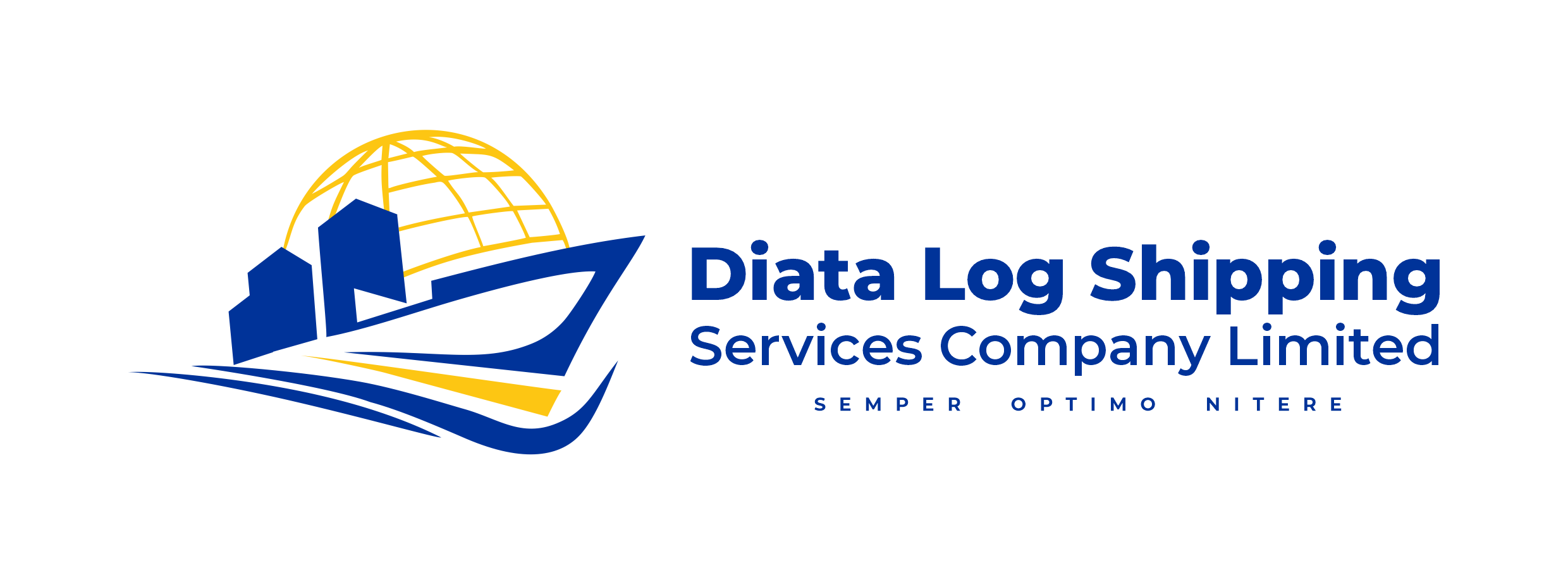On Friday, April 11, 2025, Mozambique’s President Daniel Chapo officially relaunched maritime cabotage services at the Port of Maputo.
This move marks a key milestone in modernizing Mozambique’s logistics system and easing pressure on national roads.
The event featured the commissioning of two new vessels, acquired by private partners, to serve major Mozambican ports.
This initiative forms part of the First 100 Days of Governance Plan, signaling a strategic focus on the blue economy.
President Chapo described the relaunch as a symbol of responsibility and commitment to improving national transport infrastructure.
He emphasized that cabotage offers a more sustainable alternative to overland freight transport, benefiting both economy and environment.
The new ships are licensed by TRANSMAR, Mozambique’s Maritime Transport Regulatory Authority, ensuring full compliance with national regulations.
One ship is a 120-meter general cargo vessel that can carry over 9,000 tons—equivalent to 250 freight trucks.
The second is an 80-meter container ship, capable of transporting 144 TEUs (twenty-foot equivalent units) along Mozambique’s coastline.
These vessels will operate between the ports of Maputo, Beira, Nacala, and Pemba, improving domestic goods transport.
President Chapo praised the private sector’s involvement, highlighting it as essential for the long-term success of maritime cabotage.
He noted that the government’s rebranding of the Ministry into Transport and Logistics reflects this modern economic vision.
The PRINCE vessel, owned by Moçambique Dugongo, joins a fleet expansion started in early 2024 with another 10,000-ton ship.
Besides cement and clinker, these vessels will now also carry medicines, books, and various commercial cargo for local industries.
Another vessel, launched by CIVITAS PARTNER GROUP, will run the Maputo/Nacala route with a 2,000-ton transport capacity.
It will carry consumer goods, school materials, vehicles, and construction supplies, supporting trade in northern Mozambique.
The President stressed that cabotage reduces logistics costs, boosts efficiency, and supports strategic national sectors and trade growth.
He also cited its role in job creation, environmental sustainability, and stimulating domestic economic activity.
President Chapo called on private investors to acquire more ships, ensuring strong support for Mozambique’s maritime logistics.
He also encouraged industry leaders to suggest practical reforms that can remove business barriers in the maritime sector.
The government plans to offer incentives like reduced port fees and priority docking for cabotage vessels in all national ports.
“Logistics is business,” concluded the President, encouraging investors to help drive Mozambique’s maritime future forward.




